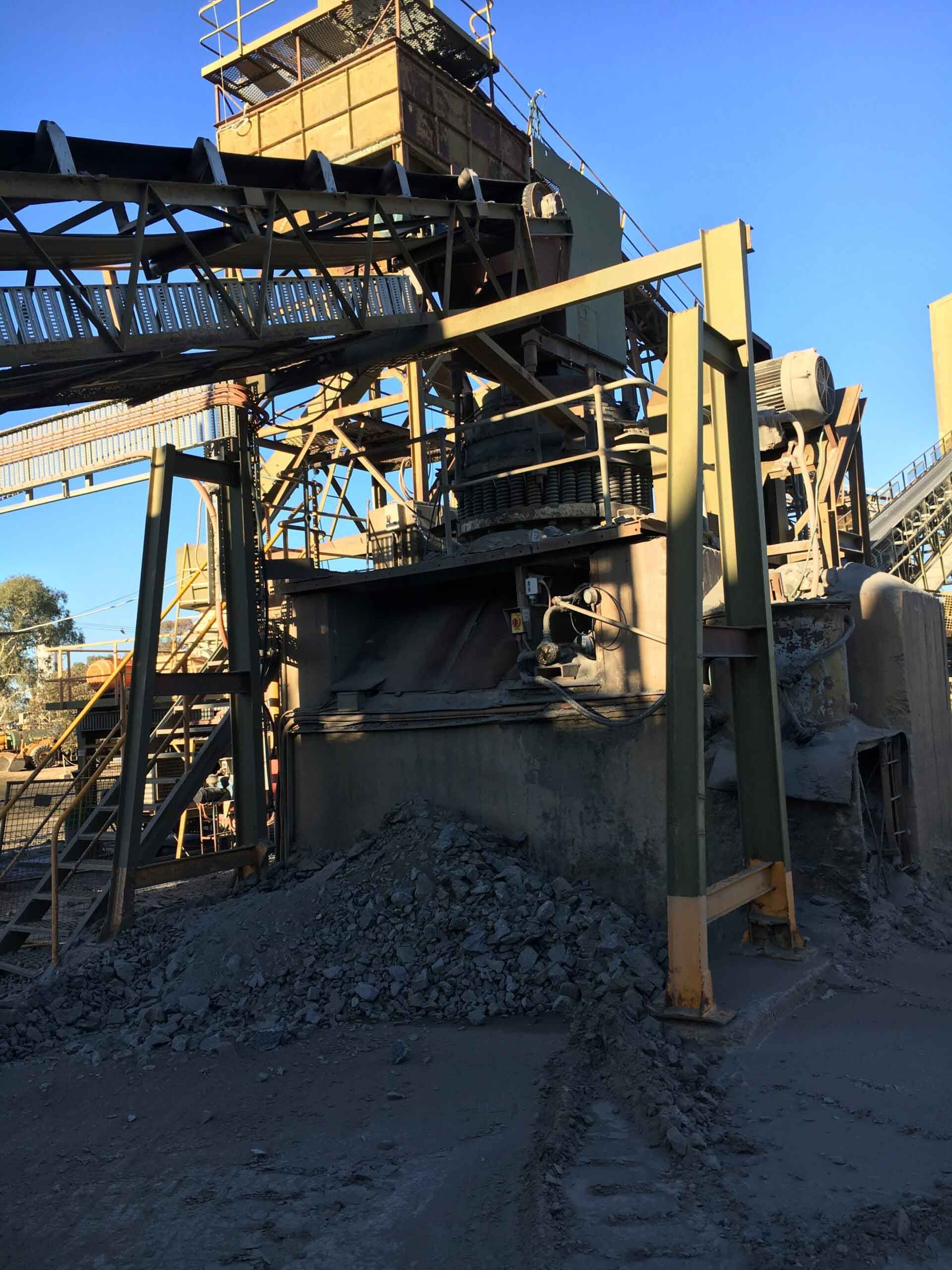Heavy Vehicle Accreditation
The team at Eastman Lynch are industry experts and have been working in the heavy vehicle space for over 25 years and are qualified heavy vehicle mechanics and former regulators who understand all facets of Heavy Vehicle Compliance. Conducting audits, creating customised National Heavy Vehicle Accreditation (NHVAS) systems for the three accreditation modules, and managing operators’ compliance obligations.
Mass Management
Eastman Lynch can help you obtain Mass Management Accreditation for your business. A Mass Management accreditation encourages heavy vehicle operators to take more responsibility for loading their trucks correctly and ensuring they are not overloaded.
It helps you to manage your business more efficiently, partly because you will have clear procedures for ensuring that your trucks are not overloaded and partially because there will be reduced risk of penalties from mass offences. It should also lead to greater productivity and road safety.
It allows operators to increase their vehicle payload by up to 10%.
e.g. A standard six-axle semi-trailer can increase its GVM from 42.5 tonnes to 45.5 tonnes.

The benefits to operators can include:
- Improved productivity and efficiency
- Correct loading of vehicles the first time, with consequent savings
- Increased vehicle life and lower maintenance costs
- Reduced rejection of vehicles by customers because of overloading
- Improved driver morale
- Better relationships with enforcement agencies
- Reduced impact of enforcement.
Maintenance Management
Maintenance management is the process of maintaining the resources and assets of a company while controlling time and costs to ensure maximum efficiency of the manufacturing process. It goes through the regular monitoring of the functioning of vehicles, machines, equipment, facilities, and tools.
Eastman Lynch can help you obtain a Maintenance Management accreditation. Operators with Maintenance Management accreditation are exempt from the annual RWC requirement for heavy vehicles. This accreditation ensures that operators have a system in place for maintaining their fleet of vehicles, including services and inspections being completed on time and in accordance with service schedules.
Basic Fatigue Management (BFM)
Formerly known as the Transitional Fatigue Management Scheme, the current Basic Fatigue Management (BFM) gives operators a greater say in when drivers can work and rest, providing the risk of working long and night hours is properly managed. With a BFM Accreditation, you can operate under more flexible work and rest hours if the risks of driver fatigue are properly managed.
A BFM Accreditation provides drivers with an additional two hours of work time (14) instead of 12 standard hours. By achieving accreditation, companies can considerably increase their driver efficiency and profitability. Accreditation provides an additional two-hour buffer for drivers, which reduces the likelihood of large fines for exceeding driving hours.
Eastman Lynch conducts audits and prepares systems that allow operators to achieve accreditation to BFM through the National Heavy Vehicle Accreditation Scheme.
Chain of Responsibility
Chain of Responsibility (CoR) is a concept that places legal obligations on parties in the transport supply chain. It was created to impart accountability, driver fatigue management, speed, overloading and load restraint issues.
Under the CoR, complying with transport law is a shared responsibility, and all parties in the road transport supply chain are responsible for ensuring the safety of their transport activities.

The parties in the Chain of Responsibility for a heavy vehicle are:
- An employer of a driver
- A prime contractor for the driver – if the vehicle’s driver is self-employed
- An operator of the vehicle
- A scheduler for the vehicle
- A loading manager for any goods in the vehicle
- A loader and/or unloader of a vehicle
- A consignor of any goods for transport by the vehicle
- A consignee of any goods in the vehicle
- A loader and/or unloader of any goods in the vehicle.
- Companies that operate vehicles over 4.5 tonnes of gross vehicle mass (gvm) on public roads must have a system in place that complies with the requirements of the laws and regulations of the state in which they operate.
Eastman Lynch can provide you with a fully customised CoR system that complies with the CoR obligation of all jurisdictions, including conducting annual reviews and compliance audits for operators to be satisfied they are meeting their compliance obligations.
For a free, no-obligation quote. Contact us today.
Quick Links
Contact Info
15A Higgins Hill Drive, Maiden Gully, VIC
03 5442 7862 (Office)
0407 519 351 (Mobile)
1300 137 929 (Toll Free)
Business Hours
- Mon - Fri
- -
- Sat - Sun
- Appointment Only
Member of Australian Institute of Health & Safety


